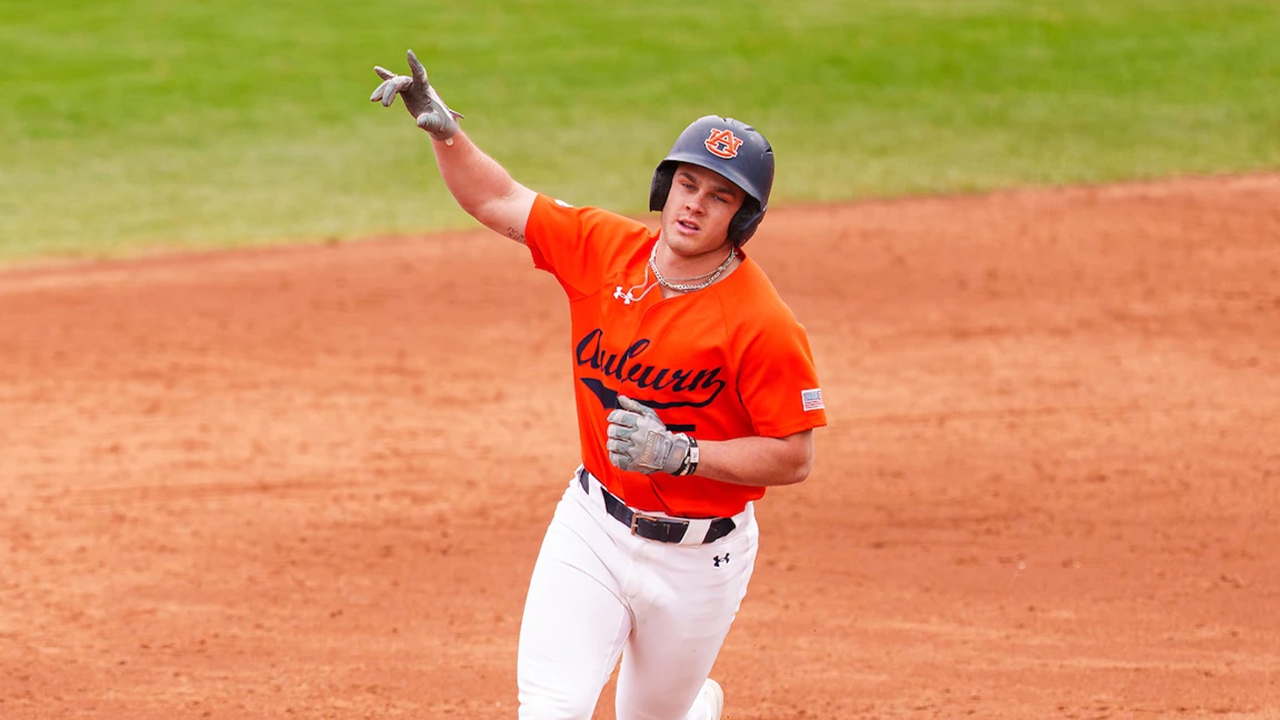 |
A "short squeeze" caused by a group of retail traders from Reddit's WallStreetBets
subreddit has investors concerned about regulations surrounding short-selling.
|
This past year, the financial press was consumed by the drama that pitted hedge funds
against retail traders. In one corner, there were firms like Melvin Capital, which
had taken out a large short position against the retail video game company, GameStop.
In the other corner were a small clutch of retail traders from Reddit’s WallStreetBets
subreddit, who, by driving the price of the stock up, executed a “short squeeze”—and
cost the hedge funds hundreds of millions.
 |
Reddit's WallStreetBets, a subreddit where users can discuss stocks, sparks drama
in stock trading after a surge of short-selling GameStop shares.
|
Suddenly, high finance became high drama as commentators, CEOs and others dove into
the debate, roiling Twitter and Reddit with strong opinions for and against the practice
of short selling. Soon thereafter, the SEC and the Financial Industry Regulatory Authority
(FINRA), a private self-regulating body for Wall Street, announced both a closer look
at and new regulations surrounding short-selling.
As the dust settles from these dramas, however, regulators and others should be careful
in buying into a narrative that paints short-sellers as villains and regulates more
than necessary. Specifically, it's worth keeping the implied criticism of short sellers
in check.
Short selling is, like much else in the market, neither sinister nor saintly—but it
is necessary. Short sellers can spot overlooked weaknesses in the market, including
management mistakes and even outright malfeasance.
Consider the example of Enron, Inc. In 2000, Enron was one of the energy industry’s
leading lights, with claimed revenues of nearly $101 billion. By the end of 2001,
Enron was bankrupt. Well before regulators arrived on the scene, it was short sellers
who waded into the arcana of Enron’s financial statements and identified impropriety.
 |
Before WallStreetBets' involvement, GameStop shares were at an all-time low.
|
GameStop is a different scenario, but hedge funds Melvin Capital and Citadel operated
in the same spirit. Their thesis: A retail company like GameStop would struggle in
an increasingly digital world. Before WallStreetBets’s involvement, Melvin Capital
and Citadel had been right: From August of 2016 to August 2020, GameStop’s stock lost
87 percent of its value.
Once the retail traders and others entered the mix and turned the stock into a meme,
GameStop reversed course, hitting almost soaring heights in early 2021. While the
stock’s volatility was concerning to some, it also reflected the beliefs—and trades—of
investors on either side: The bulls believe GameStop can transition well to digital
video games; the shorts believe its legacy retail assets will hold the company back.
That is precisely how a market is supposed to operate.
In general, short seller malfeasance is the exception, not the rule. As a practice,
short-selling is already closely watched. In addition to the usual disclosure requirements,
hedge funds who want to place short bets are subject to the “uptick rule,” which requires short sales to be conducted at a higher price than the previous
trade. In 2005, the SEC put in place additional regulations to address concerns about so-called “naked shorts,” in which
short sellers sell shares they haven’t borrowed.
In my and my colleagues' research about short sellers, we find that short sellers do influence company management—but
in exactly the ways we’d expect in a free market. In a recent study, we found that
an increase in short seller interest in a company causes management to become more
conservative. Leaders under short pressure might be less likely, for instance, to
introduce uncertain new products or enter into questionable mergers. But this is a
feature, not a bug: Short sellers act as a hidden hand of corporate governance that
keeps managerial behavior in check.
FINRA, the SEC, and others may have legitimate areas of inquiry into this drama—including
how retail trading apps like Robinhood are engaging with their customers—and the answers
have wide implications for traders, regulators, and brokerage houses. But regulatory
and government bodies should be careful not to overreach: In the case of these meme
stocks, as in others, short sellers placed bets based on a thesis, and the rightness
or wrongness of that bet should and will be decided by the market.
Dr. Brian L. Connelly is Professor and Luck Eminent Scholar at Auburn University’s
Harbert College of Business and Editor of the Journal of Management.

 Degrees & Programs
Degrees & Programs
 Faculty & Staff
Faculty & Staff
 Career Development
Career Development
 Recruiters & Industry
Recruiters & Industry





